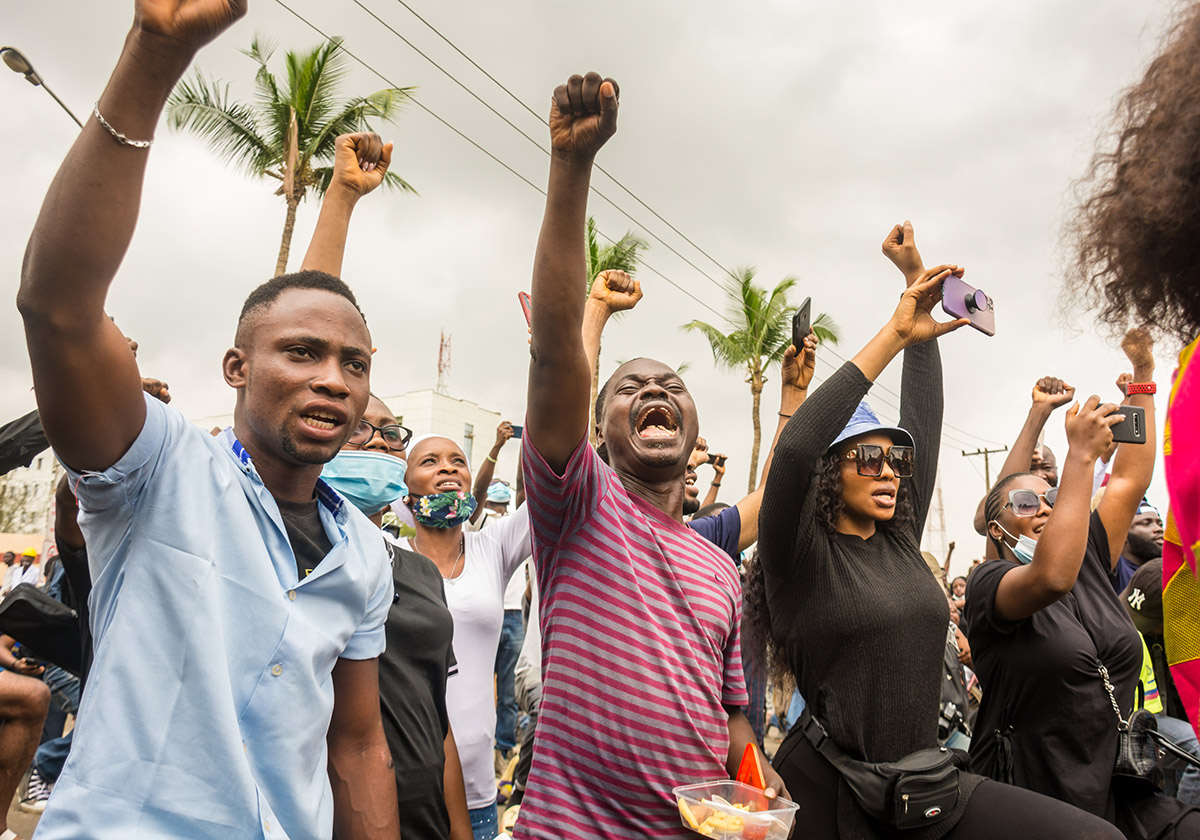Nigeria’s growing challenges call for more youth activism
December 16by Similoluwa Ifedayo
Youth activism is a powerful force for addressing pressing societal issues. Nigeria faces a multitude of challenges, from corruption and unemployment to inequality and political instability. In response, a new generation of young activists and change-makers has risen to the occasion, driving impactful initiatives to effect positive change.
The roots of youth activism in Nigeria can be traced back to historical movements such as the struggle against colonialism and the fight for independence. Figures like Nnamdi Azikiwe and Obafemi Awolowo were instrumental in shaping the nation’s destiny. Today’s youth activists draw inspiration from these historical icons, understanding the power of collective action and the importance of societal transformation.
Nigeria grapples with a host of daunting challenges. Corruption permeates many facets of public life, hindering economic growth and development. Unemployment rates are high, particularly among young people, leading to frustration and disillusionment. Additionally, inequality and political unrest continue to affect Nigerian society, exacerbating these problems.
In the face of these challenges, some youth and young-at-heart activists including Aisha Yesufu and Omoyele Sowore have continued to put the government on its toes. They are motivated by a desire to create a better Nigeria for themselves and future generations. Drawing from a range of backgrounds, these activists employ diverse strategies, from peaceful protests and advocacy to grassroots organising and social media campaigns.
These activists have achieved significant milestones. The ‘Not Too Young To Run’ campaign successfully lobbied for a reduction in the age requirement for political office seekers, allowing more young people to participate in government. Initiatives like the #EndSARS movement galvanised nationwide protests against police brutality, leading to reforms within the Nigerian Police Force. Their tireless efforts sparked dialogue, garnered international attention, and pushed for much-needed changes in the country.
Despite their remarkable achievements, Nigerian youth activists face many challenges. The political elite often resist change, and the activists themselves encounter threats to their safety and freedom. The bureaucratic and sometimes corrupt systems within Nigeria make it difficult to enact systemic change. Nevertheless, these activists persevere, driven by their unwavering commitment to the cause.
Technology and social media have played a pivotal role in youth activism. Platforms like Twitter and Instagram have allowed activists to amplify their voices, mobilise supporters, and document their struggles. Successful social media campaigns, such as #EndSARS, have brought international attention to the issues facing Nigerians.
Nigerian youth activists have not gone unnoticed on the global stage. International organisations and governments have expressed their support for their endeavours. This recognition highlights the importance of their work and emphasises the interconnected nature of today’s world, where the fight for justice and equality knows no borders.
The future of youth activism in Nigeria is promising. These young activists are a driving force for change, and their efforts are likely to have a long-lasting impact on Nigerian society. As they continue their work, the nation may see a brighter future, characterised by reduced corruption, increased economic opportunities, and greater social justice.
In the face of daunting societal challenges, youth activism in Nigeria has emerged as a beacon of hope. These young activists, inspired by historical struggles and motivated by a desire for a better future, are pushing for change in remarkable ways. Their achievements, despite the obstacles they face, underscore the importance of their work. As they continue to raise their voices and demand justice, the trajectory of Nigeria’s future looks increasingly optimistic.






